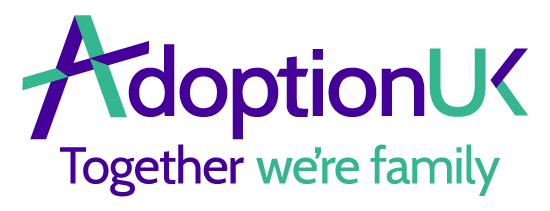Has anyone found any good books, or good resources/approaches to talking to their child about being diagnosed with ASD?
I am generally good with conversations and explaining adoption-related stuff but am a little stumped by this.
I think it's because littly (8 going on 6) doesn't necessarily have an awareness/insight about herself as different. I feel I ought to explain to her for the sake of honesty and also because someone else might say it too her. I want to be able to tell other supportive people in her life.- (e.g. the lovely other kid from a family we trust, who has a sibling with autism. Can't expect the kid not to say to her that she knows)
Maybe I'm a little discombobulated myself, despite having driven first EdPsych assessment which picked up on the difficulties and then asked for the referral. She is an outwardly very sociable little girl who is all about her little friends at school - but her big difficulties with language processing, sensory processing and understanding communication/other human expectations are perhaps masked by this strength. We do know other children with ASD but not girls, and perhaps we don't see her reflected in any other children we know so I wonder whether any of the kids' books about autism will ring true.
I know there are quite a few parents of adopted children with ASD, including girls, here so I hope it's OK to ask.
FWIW she's doing great at the moment. She's one of the kids who is (very fortunately) in school due to being a vulnerable child and is in some ways protected from the complications of pandemic world by a very simplistic world view. I definitely don't want to rock her by implying there is something wrong with her. All experiences welcome.

